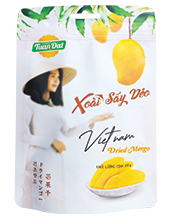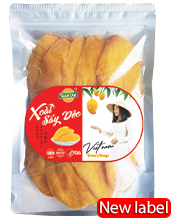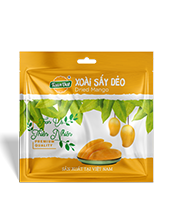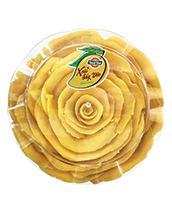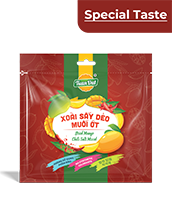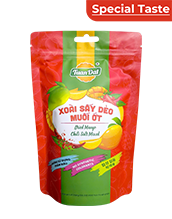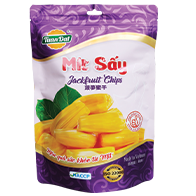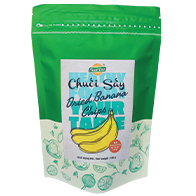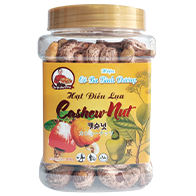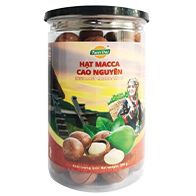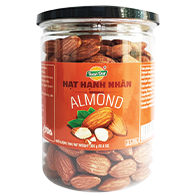- Email Us : tuandatagri@gmail.com - tuandat2011@gmail.com
- Working Hours : Monday - Friday, 08 am - 05 pm
Best Quality
Dried Mango
Tuan Dat dried mango is one of the company's key products, processed and produced according to ISO - HACCP - FDA standards, ensuring safety for the health of domestic and international customers.
Price: Please contact
Packing bag: 100 g, 200 g, 500 g
Packing box: 195 g, 290 g, 500 g
Dried mango has a naturally sweet and slightly sour taste. Mango contains many vitamins and minerals. In particular, nutrients such as protein, lipids, carbohydrates and especially provitamin A far exceed those of other fruits. Therefore, after processing, the product still retains its original flavor, natural color, and nutritional value is not changed, and has a production process that ensures 100% food safety and hygiene.
- Anti-cancer: Phenolic compounds found in mango such as quercetin, isoquercitrin, astragalin, fisetin and methylgallate have been shown to have antioxidant and anti-cancer properties.
- Iron supplement: Mangoes are rich in iron, so they can help the body overcome anemia, especially iron deficiency anemia.
- Supports digestion: Mangoes contain enzymes that help break down proteins, creating favorable conditions for absorption into the body. The fiber in mangoes also helps a lot in supporting the digestive system to work.
- Prevent heart disease: It is a great fruit that provides vitamins A, E and selenium to the body and helps fight heart disease. Mangoes are also rich in vitamin B6, which plays an important role in preventing heart disease by reducing homocysteine levels. Homocysteine is an amino acid in the blood that causes damage to blood vessels.
- Reduce LDL cholesterol: The high pectin and vitamin C content in mango helps reduce LDL cholesterol levels in the body, especially bad LDL cholesterol.
Ingredients
- Vietnamese Mango 95%, Sugar, E220.
- Usage: Ready to eat
- Storage: Store in dry, cool place
- Warning: Do not use expired products
- MFG/EXP: See on package.

